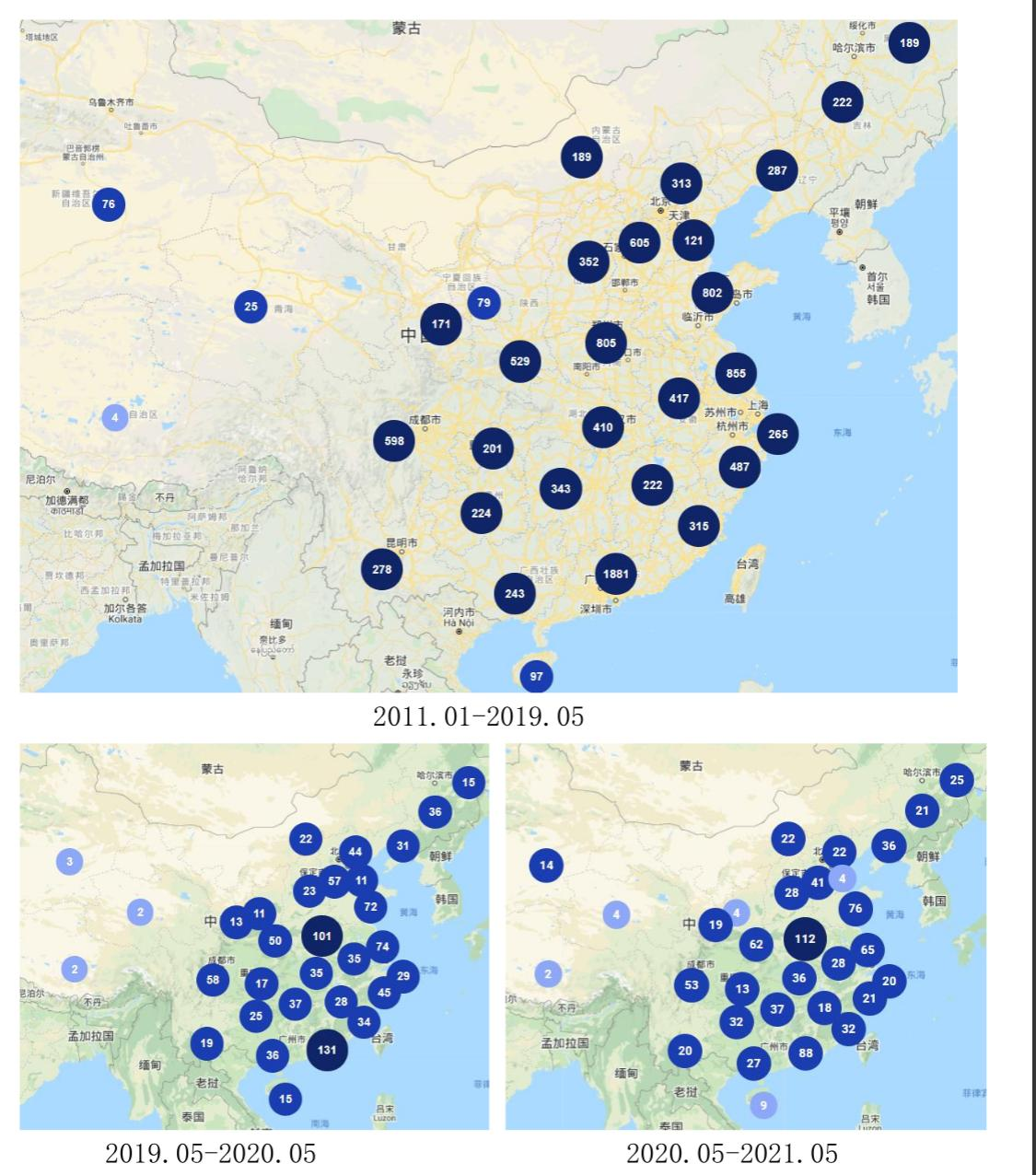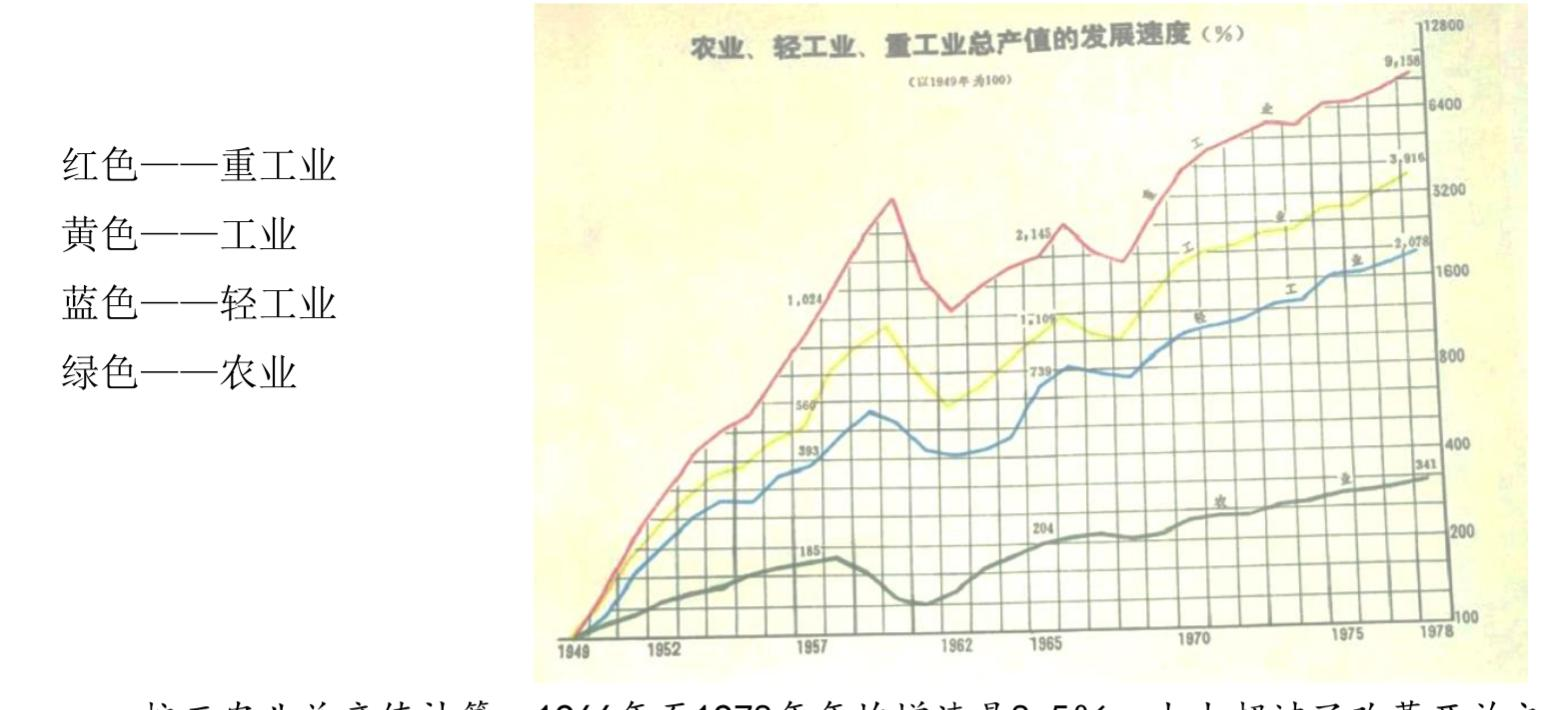this post was submitted on 26 May 2024
4 points (64.3% liked)
Communism
1682 readers
1 users here now
Welcome to the communist Lemmy community! This is a community for all Marxist.
founded 5 years ago
MODERATORS
you are viewing a single comment's thread
view the rest of the comments
view the rest of the comments
That's a very broad question, can you be more specific?
Do you think China is a socialist country?
Yes. China is controlled by the Communist Party of China, who maintain an unbreakable grip on the commanding heights of the economy - energy, utilities, infrastructure, steel, finance etc. State-owned enterprises are some of the largest companies in the country, and hence also some of the largest in the world.
Foreign capitalists were invited to invest in China starting in the 80s, in order to bring in the technology and capital (tools, machines and money) that China was sorely lacking. This unfortunately led to several of the problems typical to capitalist economies - uneven development between the cities and countryside, increases in wealth inequality, the strengthening of the national capitalist class and the spread of liberal (pro-capitalist) ideas - but through the whole process, and unlike in the USSR, the CPC maintained total political control and didn't allow the capitalists to dictate policy.
It's true that China appeared to go quite far in a liberal direction, including by joining the WTO; around the turn of the millennium, the US and the rest of the capitalist world assumed that China would soon liberalize completely, both economically and politically, and they'd be able to break it open and feast on the insides like they did with the USSR. Instead, since then, and especially since the appointment of Xi Jinping as President, China has been moving, more or less rapidly but seemingly inexorably, towards more outright socialist policies. The result of the swing to the right and now back to the left is that China has had one of the longest and fastest sustained periods of economic development in human history.
Here are some images demonstrating their economic success
China's growth outperformed every other major economy by an absolutely unfathomable degree:China, following a centrally-planned socialist development scheme, went from poorer than to richer than nearly all of Africa, which was trapped in extractive capitalist "development" hell by coercive IMF and World Bank loans and the austerity policies forced on them by the terms of these loans:
And China didn't just create products for export, but materially improved the lives of its citizens to an enormous degree. This is just one example of the kinds of change that Chinese citizens saw in a single generation:
This is a really important image - China's economy grew massively while its workers' salaries also grew massively in the same period, going from the cheapest labor in South East Asia to the most expensive (but, thanks to development of technology, also by far the most productive):
And here is China's response to a growing bubble in the Chinese real estate market:
No capitalist country could ever even conceive of going against the wishes of the finance capitalists, who make huge fortunes off of real estate speculation even as it drives the economy into devastating recessions. But China was able to forcibly deflate the bubble, transferring investment from speculating on real estate into the further development of industry.
In short, no capitalist economy run by and for the capitalist class could ever have made these achievements. Only an ideologically committed and politically dominant communist party would be able to manage an economy this way, wielding the capitalists as tools to improve the productive forces and raise their people out of poverty while setting the stage for the transition to socialism.
Edit: here is a long essay, China Has Billionaires, on the same subject, which is well worth the read
These achievements are just in name only. In reality, ordinary people still live very poorly. In the early days of reform and opening up, the growth rate was frighteningly low. Later, it was only by selling off state-owned assets and mass layoffs that it recovered. In addition, the mass layoffs in the 1990s left millions of workers unemployed. These workers could only become lumpen proletariat, become thieves, robbers, or commit suicide. This is an ironclad fact. The reason you think China is good is because you have not experienced it yourself, and can only listen to the current ruling class's boasting.
Okay, so where's your proof of this? Reports? Graphs? Photos?
Of course you don't have any because you're just asserting an absolutely, totally ridiculous narrative. The growth rate was frighteningly low?? It was the fastest rate of economic growth in human history! The people became poorer??? China is basically the only place in the world that lifted anyone out of poverty in the last thirty years! Without China, global poverty reduction is a net negative. 800 million people joined the middle class! These are not achievements you can have "in name only". Like, you can't fake the fact that China produced ONE BILLION TONS of steel last year, or that it installed four times as much green energy as the entire G7 combined. These facts require an enormous, highly advanced industrial base, which requires an enormous, highly skilled body of workers.
So what, exactly, is your personal experience of China that contradicts these provable facts then?
Video of the Jasic Movement,https://www.youtube.com/watch?v=JWMu_MIDqNI
Calculated by the total industrial and agricultural output value, the average annual growth rate from 1966 to 1978 was 8.5%, far exceeding the 6.7% growth rate from 1979 to 1981 after the reform and opening up. There are many economic indicators, such as coal, oil, steel, power generation, machine tools, etc. The growth rate of production is even higher than after the reform. The national fiscal revenue has an average annual growth of 6.9%, far exceeding the average annual negative growth rate of 1.7% from 1979 to 1981. If the economy was "on the verge of collapse" during the "Cultural Revolution", then wouldn't the economy from 1979 to 1981 after the reform be even more "on the verge of collapse"! —— Jiang Weigang "Objectively Look at my country's Economic Development during the Cultural Revolution"
China's workers' movement in the past 10 years China's growth rate during the Mao era,Red - heavy industry,Yellow - industry,Blue - light industry,Green - agriculture
China's growth rate during the Mao era,Red - heavy industry,Yellow - industry,Blue - light industry,Green - agriculture
